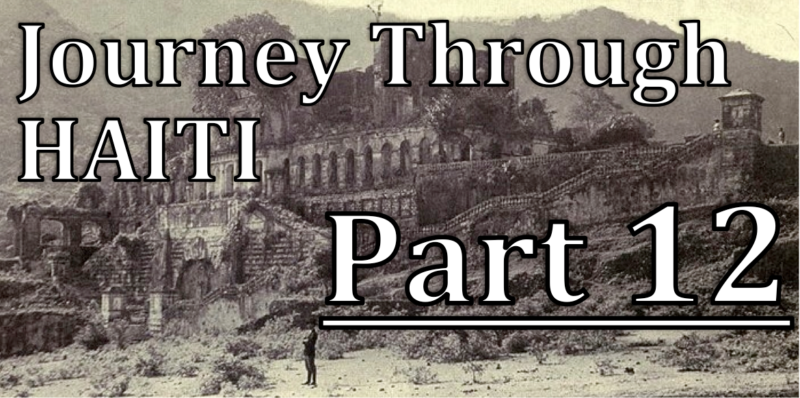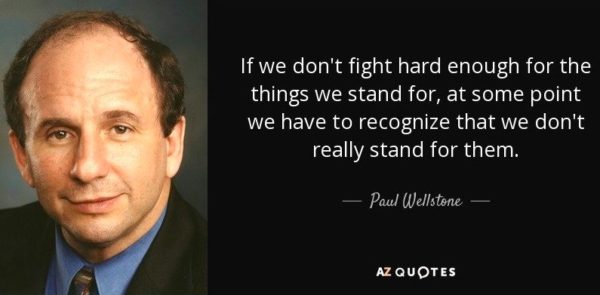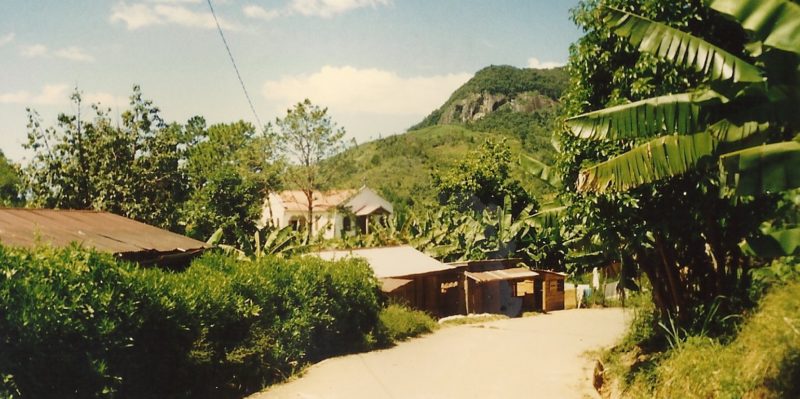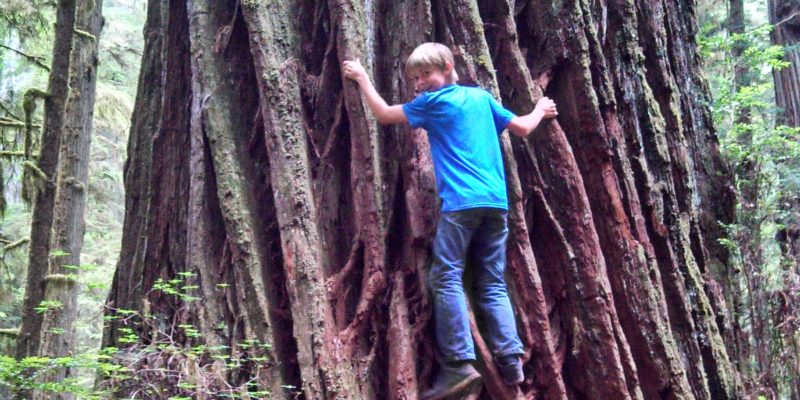A while back I had to abandon my plans to go to Kokoye beach because I needed to get to a doctor. Now, I am setting out to complete that mission.
I pass through downtown Port au Prince again just as I have before. This passage will never grow dull. Passing through the ten or so most crowded blocks on a motorcycle easily saves half an hour over taking some other kind of vehicle. A broke down bus blocks the right lane. It’s back end is jacked up on a stack of tires where it will reside until someone finds the right parts to fix it. Why pay for a tow truck when you can fix it right where it broke down. Who is going to stop you or tell you that you have to move it? Cars slide past each other with their side mirrors knocking. Even I struggle to pick a route through an intersection and I inch my way between two trucks along with the throngs of pedestrians snaking their way among everything. Its always a guessing game of whether to try to get through in the center of the road or whether you can find room along the curb.
The tents and shacks of merchant squatters fill the sidewalks. Most of the commerce downtown is carried out by squatters who have staked their claim on the sidewalk space in front of all the old abandoned or crumbling storefronts. There is no official system to any of this. Car parts seem to be more common on this block, food over there. You don’t come downtown for new car parts or for processed foods. Those places are found elsewhere in town in buildings surrounded by high walks topped with razor wire protected by armed guards. Anything metal being sold downtown is rusty and perhaps hammered back into working shape from a broken vehicle. Here comes a man with a wheelbarrow full of coconuts and he is pulling his donkey, which is carrying baskets full of even more coconuts. Calling the downtown a zoo doesn’t even begin to describe chaos.
Finally it is on to less congested roads and past the national theater. I should have known better, I was expecting some fabulous building, not necessarily the Kennedy Center, in D.C., or the Sydney Opera House, but if this building were in any city in the U.S., it would be the type of place you would expect to find prostitutes and drug dealers. What makes it creepier than the rest of town is that there is a little park around it, and unlike the nicer parks on the other side of the downtown, where there is new playground equipment and people come for picnics, the park around the national theater is fenced off to keep people out, but control of this area is no longer in the hands of the theater trustees, its currently home to whomever can find a way through the iron fence. Another bastion of civic enterprise lost to the hands of the masses struggling to survive. I don’t blame the government for not reclaiming this space. There are a few more important objectives to take care of first. Maybe someday this will again be a location where people get all dressed up to attend some fancy event and stroll along holding hands with their spouse as the kids stay at home with the sitter. For now, the national theater sign on the gate is just a reminder of one more thing Haiti does not have.
I’m looking for a place to have a nice plate of rice to fill my stomach so I won’t be so dependent on finding a good dinner later on. I heard that some of the locals near Kokoye beach will make you dinner, but I don’t want to rely on that being true. As this thought of food enters my mind, I see lots of places to pull off where some lady is sitting out in front of some cooking pots suspended over a charcoal flame. The problem is the dust and dirt being kicked up by the tap taps and dump trucks racing down the road. The road might be paved for half a mile, then gravel for a while, but it doesn’t seem to really matter, I don’t want to lift my face shield in this air, let alone sit there and eat. Here comes one of those buses that is belching out the thickest blackest exhaust I’ve seen. I wonder how long I can hold my breath.
I end up buying several rolls of bread and take them to go, eating them with my left hand as I accelerate out of here with my right hand on the throttle.
The turnoff to Kokoye finally arrived a couple of hours later. I follow it for about twenty minutes, up a dirt road that keeps getting narrower and rougher as I go. The road keeps heading uphill, north toward the southern shore of the bay that splits Haiti into a northern and southern section. Eventually I reach a tiny village that sits high up on a tall ridge that looks way down to a stunning view of a long crescent beach lined in palm trees. My journey is just beginning.
Nobody here speaks French, so with hand signals I demonstrate I want to sleep down on the breach. Apparently the local people have organized themselves and have a process for taking the money from tourists that want to visit the beach. Two kids indicate I should bring the motorcycle down the path. They were very confident this was OK so I decide to follow them a little way, knowing that there was no way I would be going all the way down to the beach with the bike. I go through a mud pit and around a corner then they motion that I should move it up into a cluster of huts made with woven mat walls. The kids help me lift it up the steep embankment and up against a the side of a home made of wood planks, not quite as sturdy looking as most garden sheds on display at Home Depot, but it serves its propose.
I knew I would need to pay something, I’m entrusting a motorcycle with them, and they should make money from people sleeping on their beach, that’s just the capitalist way. They draw in the dirt, 250 gourdes. (About six dollars). Then they ask if I have a tent, I do some charades of tying up my hammock and placing a tarp over it that blocks the rain that I represented by wiggling my fingers. Next, was whether I needed a guide. No, I didn’t want a repeat of my last attempt to sleep on a beach where lots of people hung around my hammock forever. I figured I could find my own way down the hill and leave the helpers back behind on top of the hill.
Not far into my descent the trail comes to a split, one path going to a beach on the right, the other to the beach on the left. In between, a rocky ridge separates the two. Hmmm, not quite sure which is the right beach, I ditched my potential guides, I guess it doesn’t matter, I ask a passing farmer who is directing his goats up the path on the right, he waves me down the path on left.
It narrows to, well, a goat path, but it’s heading down hill through tiny plots of corn. The path is gravely in places and sheer slick rock in others. A horrible place to farm, but I pass another man who is chipping away at the ground with his pick ax. It’s like I’m climbing down the peak of a roof and I’m glad it’s not wet.
A ways further the trail starts to level slightly and a scrubby forest emerges. It’s like any trail through a national forest in the U.S. except there are little homes scattered about, often just eight to ten feet from the trail. Eventually I reach the beach and pass some men building a cistern or something. One of them knows a little French and asks if I would like a nice dinner of rice, plantains and fresh conk from the sea. We negotiate a price of 300 gourdes (about $7) and I pay him, though I’m a little curious of whether I just waved seven dollars goodbye. Anyway, I made my way down the beach quite a distance, away from the trailhead where the men were working, in order to establish another layer of separation from a potential source of people who may want to surround my camping space all evening.
In the end I only had a group of two to four people at any one time that would stop by for a bit before continuing on their way. It was really quite fine. I didn’t mind this. On my previous attempt to camp on a beach, back near Port Solut, I was completely encircled by twenty people who never left. I didn’t like that. Here, on Kokoye, some people would just pass by without stopping, like the boy chasing his goats down the beach, or the boy with his donkey. Just past my two palm trees was a cluster of seagrape trees sheltering some handmade canoes. A man sat in his boat repairing his fishing net.
The water was calling me and I was completely soaked with sweat from my long hike lugging my stuff down the hill. Of course there is no changing room but I couldn’t let that stop me from swimming. And so with as little fanfare as I could manage, I was quickly in the warm tropical sea, hoping I wouldn’t step on any sea urchins as tomorrow’s hike back up would be difficult enough as it is.
On St. Croix, in the Virgin Islands where I have lived (and have painfully stepped on a lion fish) there are many secluded beaches with no homes or people around. On St. Croix, there were a couple of beaches on Nature Conservancy land, other beaches were on national park land, and others were protected in some other way. Here in Haiti, there aren’t any beaches that are secluded like that. Beaches are places to live, they are a source of income from fishing. I thought, how is it that in the United States there are so many real wilderness areas. Then I realized that Haiti could create wilderness places and secluded beaches if it kicked all the people who live in these places from their homes. The same way we kicked the Indians from their homes in the United States.
I liked my extremely secluded beaches on St. Croix, but I’m also glad to be on this beach in Haiti just the way it is. After all, I wasn’t going to be eating fresh conk, rice and fried plantains unless there were someone around to server it to me. These people seemed so relaxed and content here. This was their world, close to an hour hike up to where I left the motorcycle and at least a two hour hike from the highway and from all that the highway represents. Where else can you find places like this? Maybe in a fishing village up in Alaska. I saw places like this in Madagascar. On this beach, there are no government services, sort of like in Port au Prince. But unlike Port au Prince and its urban melee, this place is livable… primitive… but livable. A little later on in the evening, a humongous plate of food arrived and I was a very happy camper.
By the time I went to bed, and the sun had set, the beach remained empty most of the time. A few people strolled by, but I felt fine. When I’m in my hammock, I can pull the sides up over me so I’m in a little cocoon. The mosquito net was hung from the palm trees as well and could cinch down on around the rope at the ends of the hammock, making a hanging tent I could zip myself into. All my gear was under my hammock on the ground, but also zipped within the mosquito net tent. It’s so cool, I love it like a close friend. My glasses and flashlight were in pocket inside the little mosquito net tent. There was also a pocket on the hammock that was easy to get at, where I kept my folding survival knife for easy access… just for peace of mind.
At one point in the middle of the night, I woke up. It was very dark and I walked out onto the beach to look at the sky which was full of stars. There was no haze of city lights visible anywhere, even from the distant shore on the north side of the bay. The only light I saw was a light on a distant boat that would come on from time to time, for just a few seconds each time, before turning back off again. Back in my hammock, I watched this nautical light, and I watched it approach closer, and closer, and into the Kokoye reef then watched the light as it came ashore into the cover of the seagrape trees just beyond my two palm trees. Were they friend or foe? Did they know I was here? The light would turn on for a moment and I could make out two men. There might have been a third. Were they here to unearth their buried treasure in the cover of darkness? Was there another man somewhere in the shadows circling around my back flank? I carefully watched as they pulled their boat to shore, my knife was in my grip.
It looked and sounded like they were hauling in a net. Whatever they were up to, I didn’t think they had any qualms with me so I wrapped myself back into my hammock all cozy and fell back asleep.
I awoke with the faint sky light before sunrise. Already there were several people out in their canoes setting their nets on the reef. I decided to get an early start on my day so I wouldn’t be climbing the hill in the hot sun. Well, the hot sun comes early in Haiti and the hill was steeper and longer than I remembered. There were sections where I felt like I was on the final ascent to the peak of Mount Everest. Step with the right foot, take a deep breath, left foot take a couple more breaths, right foot, pick a goal to get to for a break, make it shady with a place to sit and drink some water. The higher I got, my water breaks became more frequent, often just a hundred feet past the previous stopping point. I was conscious of conserving the last of my water. The people who climb Everest have to be careful not to sit down to take breaks on their final ascent or they may never stand back up ever again. I guess it’s not fair to those climbers to compare my assent to Everest.
This hill definitely acts as barrier from the beach dwellers and those that live on the top of the hill. At some point a person would get too old for this climb and they would become confined to spending the rest of their life either on top or down at the beach. My thoughts went to how they would get me to the top if I had stepped on some dangerous sea creature. I figured I could possibly rent that kid’s donkey.
Finally I made it to the top and when I went to get the bike, a teenager handed me a note written in French stating I should pay another 250 gourdes for the second day. That certainly wasn’t the deal in any culture. I may have agreed to that amount yesterday if they had asked back then, but I don’t like people trying to stick terms onto a bargain after its all over and done. So I strapped my bag to the bike in quick fashion and left before anybody else could show up.
When I finally reached the food stand at the intersection of the highway, I had a big breakfast of rice and pork. And, you know, I have really come to love riding a motorcycle on a highway. Driving away, I realized that I was ready to leave Haiti. This trip to Koykoye beach finished it off for me. I wasn’t looking forward to being back in the cramped Port au Prince or any of the other Haitian cities. But more than on any other time on this trip, I felt like I could really enjoy myself on that rural road. This was my third time crossing this section of the country so I wasn’t concerned about directions, the time, or making it to a doctor. I could just sit back in the seat, lean into the curves and notice how strange everything was. How strange it was to be in this place. How different all these people’s lives are from mine. How this place could be completely different some day, or it might stay the same. I assume that it has to change. Isn’t that just the nature of society? Change is the name of the story that’s taking place in every corner of this planet? So why on earth is this truck, that’s coming straight at me, trying to pass that bus when there clearly isn’t enough room. I guess I’ll have to swerve off onto the shoulder. Maybe some things about Haiti will never change.




